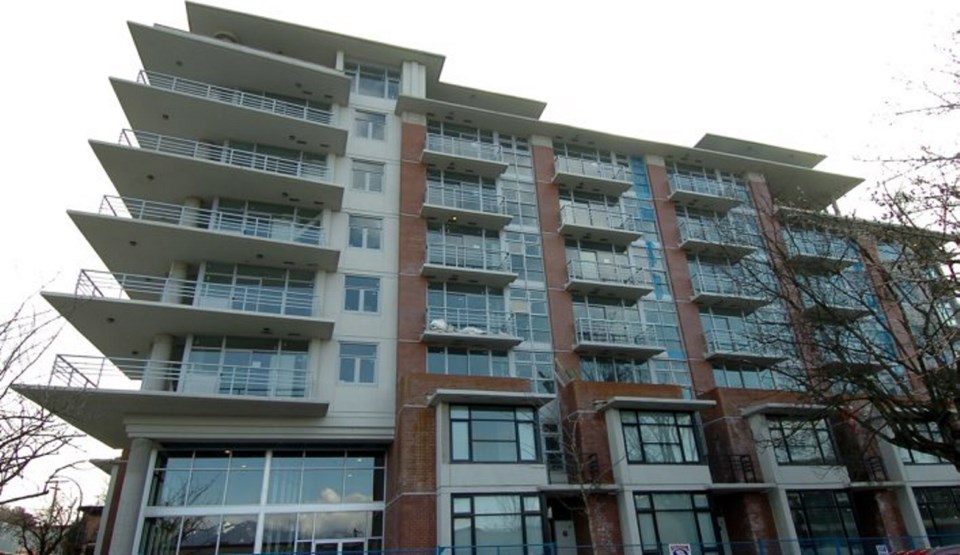Dear Tony: I live in a 72-unit townhouse complex in the South Okanagan. Our buildings have been relatively well maintained and now we’re coming due for some significant upgrades.
Our depreciation report has been helpful for us to understand the likely times for roofing and decks, and the pricing has given us a good idea of what to expect. Not too many surprises.
We received our notice packages last week for our annual meeting in January, and on the agenda we have a special levy for $580,000 to redo our roofs in the summer of 2015. Our depreciation report recommends roofs be replaced in 2018, and the pricing is fairly close, but how does a strata council decide to do this project earlier? The owners are rallying against the proposed project and the strata council has decided to give us no other information about the proposed roofing until the AGM.
How are we supposed to vote for a project that we have no information about and that appears to be premature?
Hope you can help us.
Daisy B.
Dear Daisy: Our office has noticed a trend this year similar to the scenario you have described. Either depreciation projects are being proposed out of sequence or projects are proposed without owners understanding the detailed and investigated costs.
The depreciation report is an excellent tool to assist the strata with planning schedules for renewals as well as funding, but that’s only one part of the process.
If a roof is proposed for 2018, the strata will have to start a planning process at least one or two years ahead of time to ensure they have accurate information and have properly informed the owners of the planned construction well in advance of the approval meeting or construction. It is a waste of time and money for the strata council to simply propose projects without the supporting project research and justification if the result is a failed resolution or underestimated project costs or scope of work.
For the most part, our strata industry has been a fairly reactive culture over the past 50 years. We have waited until most components reach the end of their life and have failed or are about to fail before we start an urgent planning and funding process. That urgency results in hasty decisions, little time to control the bidding and contracting process and scheduling, and urgent special levies against the owners.
A year or two before the scheduled renewal, a strata might want to retain a roofing inspector, who should be independent of any contractors, to give you a complete report on the condition of the roof, best replacement time to avoid damage, replacement options and costs, and recommendations on preservation and maintenance up to the renewal date.
Your strata corporation might have already done this and have information recommending that they should not wait until 2018 to replace the roof. If so, this is an ideal opportunity for the strata corporation to communicate with the owners about the scope of the project, reason for timing and how the cost of the special levy was determined.
A project update or summary building report in the minutes to notify the owners about upcoming projects, progress of current projects and dates of council meetings where information will be shared, will make the construction process much easier for the strata council to manage and the owners to support.
I have attended and chaired more than 100 strata general meetings this year, and each case in which the resolutions for major projects were not supported by owners, it came to down to two basic issues. Either (a) the owners did not have sufficient information (usually nothing) about the details of the project, or (b) the special levies and payment schedules were impossible for a significant number of owners to meet, either because of too short a payment period or simply too high a cost. The first instance — lack of communication — made up the vast majority of these cases.
Strata owners want to know about the scope of the project, they want to know how the council determined the amount for the levy and whether they obtained a number of bids for the same project, and they want to know how it will be managed.
With the exception of privacy to protect proprietary interests of bidding contractors, which may be managed through the tendering process, owners are entitled to ask these questions and get reasonable answers.
Council members are volunteers with the same interests as other owners, but they often feel attacked and challenged by the owners demanding information.
Tell your owners what is going on before you get to a general meeting for decisions. Thoughtful communication will lead your owners to reasonable solutions and support of the business in your strata community.
• A happy holiday season to all my readers, and a special thank you to those who took time to send emails with questions. There won’t be a column on Christmas Eve nor on New Year’s Eve, but I’ll be writing again Jan. 7.
Tony Gioventu is executive director of the Condominium Home Owners’ Association. The association’s website is www.choa.bc.ca.
